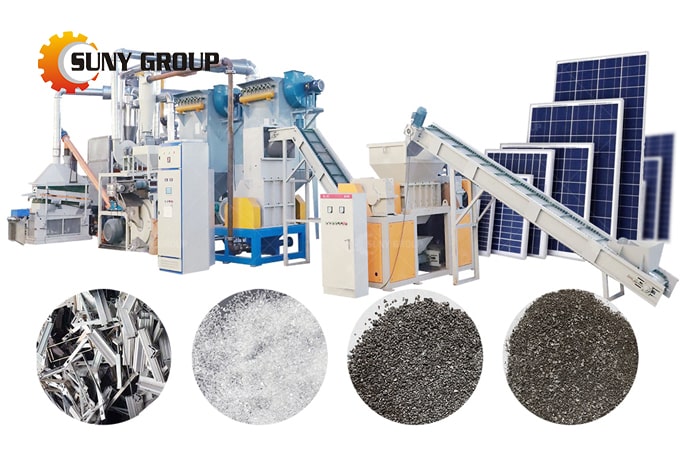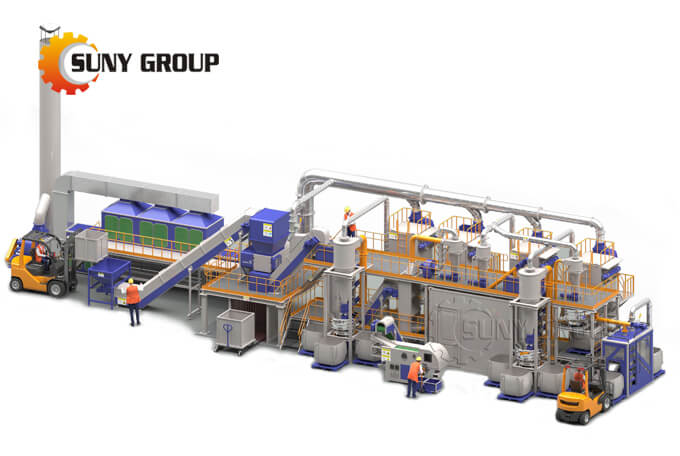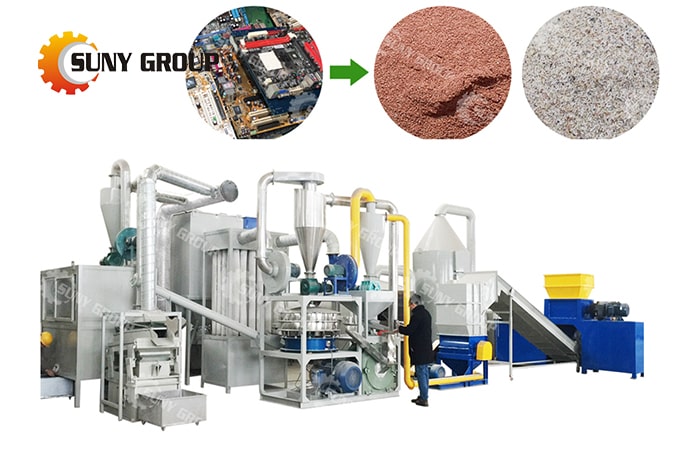The electronics recycling business is becoming increasingly important as volumes of e-waste continue to grow, setting the stage for the growth of that industry. The huge growth of consumer electronics has led to an ever-expanding surge of end-of-life electronics that must be recycled. More than just trash, this material can be an environmental and health hazard. It also offers value in terms of scrap rare earth metals, recycled plastics, and spare parts.
With the average life of a computer being 18 to 24 months and new digital products being developed seemingly by the nanosecond, electronics recycling is now the fastest growing segment of the recycling industry. Electronics recycling “is absolutely a growth industry,” according to Lauren Roman, Business Director for e-Stewards, a recycler certification program launched in 2010 by the Seattle-based Basel Action Network, and backed by business and environmental groups alike. Today, recycling is much more challenging to enter because of regulatory and certification hurdles that e-recyclers must now face.
Whether or not you are allowed to throw EOL electronic devices into the trash, may depend on equipment and location. Refer to specific state legislation, but please recycle. Note that some communities or cities will have policies that ban e-waste even if there is no such ban at the state level. Be sure to enlist the use of recyclers who are certified through either of the voluntary certification programs that have been established to ensure responsible recycling, including R2/RIOS and e-stewards.

Suny Group : http://www.sunyrecycle.com/,All rights reserved。
Share This News, Choose Your Platform!
Welcome to visit Suny Group website. If you are interested in our equipment, please feel free to contact us!










